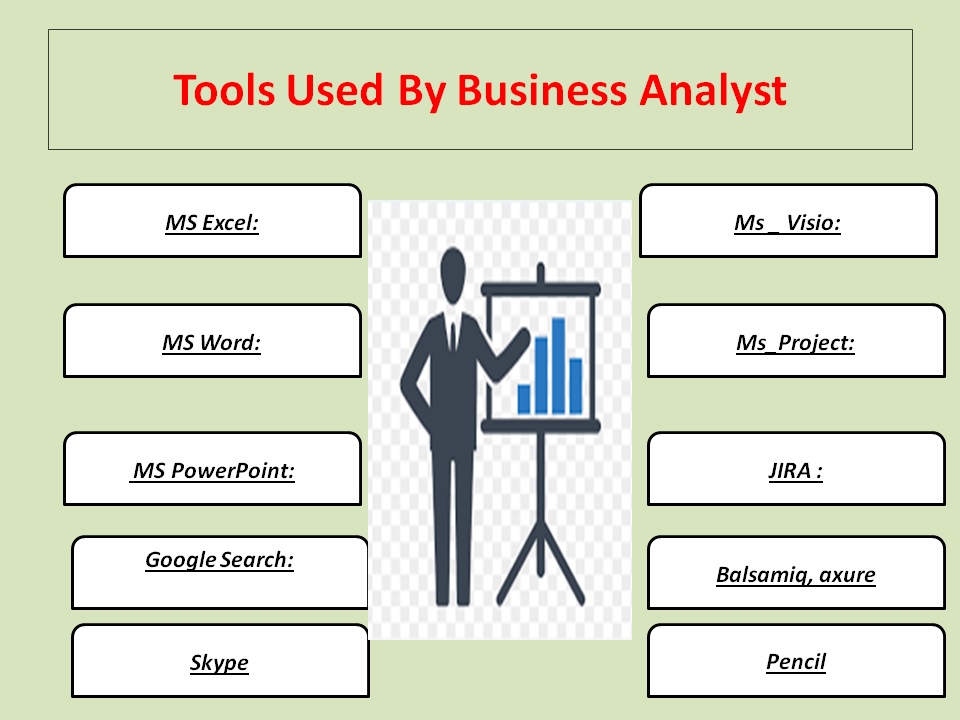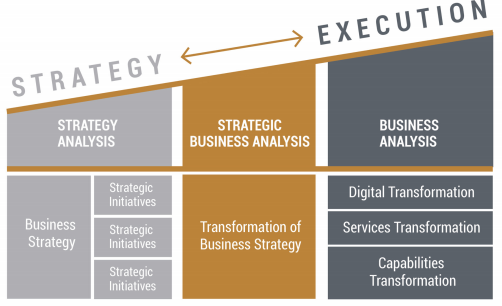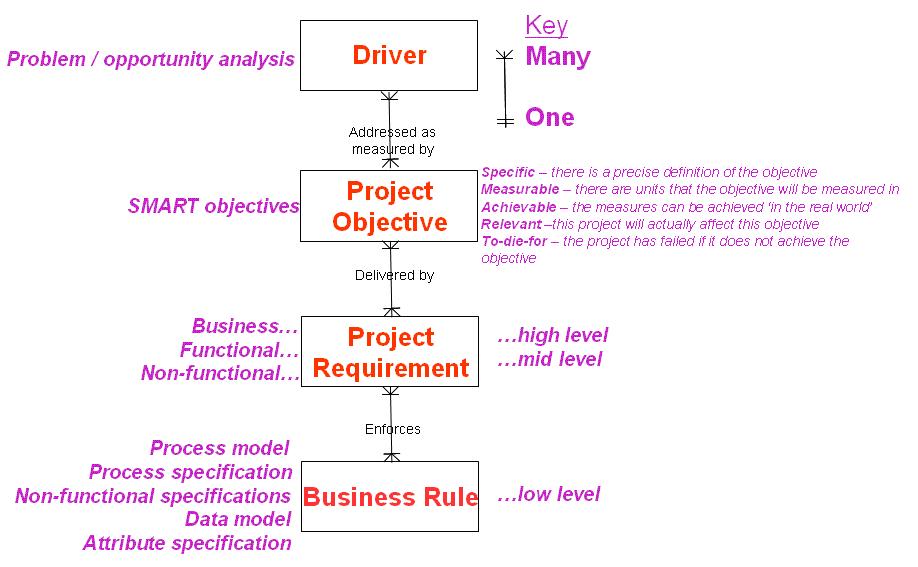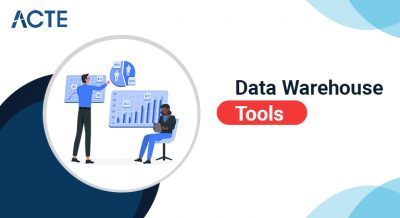
A Business Analyst functions as the bridge between business thoughts and business credentials. They play an extremely influential role as they help to interpret the destiny of businesses, by recognizing, completing and scoping incalculable changes and enhancements to business revolutions.
- Introduction of Business Analyst
- Tools for Business Analyst
- Features of Business Analyst
- Types of Business Analyst
- How does this work?
- Why do you want to be a Business Analyst?
- Higher salaries and benefits
- Trends for Business Analyst
- Benefits of Business Analyst
- Conclusion
Introduction of Business Analyst:
A business analyst works with companies to help them improve and streamline their processes and processes. They conduct analysis and research to come up with solutions to business issues and help introduce these structures to organizations and their clients. Business analysts work within an organization to evaluate current structures and build strategic plans. This requires in-depth knowledge of both specific business and industry agreements and trends. An important part of a business analyst’s role is to communicate programs through external stakeholders and internal departments.
The role of the business analyst is to present change in the organization. Changes may include creating and releasing new benefits, separating new opportunities, avoiding costs, and more. Business analysts, also known as management analysts, work for all types of businesses, nonprofits, and government agencies. Although job responsibilities may vary by position, the work of business analysts involves studying business processes and operating procedures in order to find ways to improve organizational efficiency and effectiveness. Business analysts work with management to develop new or improved systems and operating systems designed to reduce or eliminate inefficiencies, reduce costs, and improve the competitiveness of the firm in the market.
Tools for Business Analyst:
The Business Analyst Master’s Program is designed to hone your expertise in the latest business analytics tools and methods, which include editing and monitoring, data and statistics analysis, visualization, quick and scrum methods, and SQL database information. The course uses real-world courses to successfully train you, ensuring that you are ready for marketing.
Business and software analysis tools
Business analysts often rely on software such as Microsoft Excel, Microsoft PowerPoint, Microsoft Access, SQL, Google Analytics and Tableau. These tools help BAs to collect and organize data, to make graphs, to write texts and visual designs to explain the findings. You will not need editing skills or databases to get the position of a business analyst, but once you have these skills, they will not be hurt. The type of software and tools you will need to use will depend on your job title and what the organization needs.

Features of Business Analyst:
- Being a good listener and communicating.
- He is willing to consider change.
- Ability to perform multiple tasks successfully.
- Ability to prioritize, based on the many needs of participants.
- Being a good facilitator you can get timely purchases on important decisions for participants.
- Identify opportunities to develop processes that can lead to better performance and improved outcomes.
- Working as part of a team, which includes working with individuals and groups outside the team.
The journey of a business analyst will be easier if you have the following qualities and skills:
Types of Business Analyst:
Business Analyst Manager
These managers hire and employ members of a business analyst team, oversee new recruitment training, define best practices, and achieve organizational goals.
Data Analysis Scientist
This method of operation is very challenging as data analysts have to extract information from collected data, interpret it, and use it to create workable data. You need to become familiar with machine learning and mathematics in order to be effective in this position.
Information Security Analyst
Cybercrime is a hot topic, and online security experts are in high demand.. If you have a passion for moral fraud, you will love the position, as it often involves discovering weaknesses in programs and eliminating them.
IT Business Analyst
This role needs to work on multiple projects and applications while at the same time developing the most important business process roles. This activity is well suited to people who love folding numbers.
Quantitative Analyst
This specialist creates, implements, and presents statistical models that support financial decisions affecting risk management, investment, and pricing frameworks.
Here are a few examples of Business Analyst
Management: Administrative Assistant — Managing Assistant — Office Manager
Advertising: Advertising Account Coordinator — Assistant Account Manager — Account Officer — Chief Account Officer
Customer Service: Customer Service Representative — Internal Seller — External Seller — Major Account Seller — Regional Sales Manager
How does this work?
- Business analysts work with organizations to help them improve their processes and programs.
- Solutions for their clients’ business analysts will often involve the implementation of new, or improved computer programs.

Why do you want to be a Business Analyst?
Flexible Profile: Some BAs work on the technical side of projects while others hold the business part firmly. A few of them work to facilitate workflow, define and streamline processes, while others find technical solutions to problems. There are many opportunities for a person to grow and support themselves, especially if they are looking to start their own business in the future.
No boring days: According to a study by the Korn Ferry Institute, the main reason for changing jobs is the sad state of the employee’s profile. Research shows that 33% of people change jobs because they are tired of the kind of work they are getting and need a new challenge. However, many business analyst projects are short-term to medium which means you will have a new challenge that you have to deal with regularly.
Big Demand: Business Analysis is relatively new and as companies around the world have realized your potential, new openings are becoming more and more available. In such a competitive job market, this profile is expected to grow by 19% over the next 10 years. There will be no better time to go to this profile considering its future prospects.
Read: Career options in business analysis.
Higher salaries and benefits:
In addition, the top 10% earns more than Rs. 15 lakh per year. In addition, BAs receive substantial compensation for their work. Also, given the growing demand, wages should continue to rise.
Automated operation: As a business analyst, one needs to work collaboratively with a number of departments that involve interacting with different levels of management. This adds a lot of flexibility to the operating system and enables them to perform their tasks independently. This independence provides BAs with ample opportunity to explore creative ideas to meet customer expectations.
Applying life lessons and past knowledge: Many activities in the modern machine age require little application of preconceived notions or learning life. However, successful business analysts need to have a lot of knowledge and real-world knowledge available to learn and meet the needs of life. Each new project requires a different set of skills and project flow to solve that particular problem that lies ahead. Again, that can only be achieved by focusing real-world solutions on this.
Grow individually and as a team: Although the profile offers a lot of freedom and independence, business analysts work on projects that involve many different departments. As a business analyst, you not only solve the problem but also address the same goal of enriching yourself and your team.
Trends for Business Analyst:
Business Analysis is widely regarded as a job appointment rather than a role and is well known for solving IT / product development solutions, both in the IT and non-IT sectors. Analytical activities are performed by almost everyone (agents of change) in other spheres of life. Whether these change agents know the values, the governing body, etc., is another question. Business analysts in Sri Lanka get a chance to play a bigger role as a maker rather than a thinker.
Therefore, the opportunity for reflection and initiation may be limited unless it is a beginning. But hey! The implementation of technology is booming, and more and more Business analysts have the opportunity to express their ideas and opinions. However, I think it is important for analysts to understand that IIBA and BABOK provide the foundation and building blocks on which everything else is based.
Benefits of Business Analyst:
1. Opportunity for communication and network
Business Analyst is expected to work with almost all stakeholders in the project, be it the Project Team (Project Manager, project development team, evaluation team), Client (Key Stakeholders, End Users), Finance or Purchasing Team and not forgetting the Senior Management (President, Directors and Delivery / Program Managers) and dealers. Analysts are often given the opportunity to visit client sites, understand complex processes in new and challenging areas and expand their network on a regular basis.
2. Quick work
Business analysts often work on many things at once and their job is far from ‘sitting in a chair all day’! Participate in customer consultation processes, analyze needs, research options, record operational and technical requirements, manage team members, manage changes, attend and record meetings and give presentations to client / management – sometimes all in one day.
3. Promising vocation with significant growth
Once you have gained many years of experience (3-5 years) as a Business Analyst, you will enter an important stage in your analysis process and you can choose the way forward. You can work for a particular technology / domain and become an Active Analyst or you can be a mediator between business and technology and not position yourself as an IT Business Analyst. Additionally, if you wish to move on to management management, ‘Project Management’ is the next obvious choice for experienced Business analysts as they have the necessary exposure and capabilities. Thus, Business Analysts touch almost every project line and their contribution to the project will never be questioned. Business Analysis Work is an inspiring and flexible vocation to meet your aspirations and achieve the type of growth you desire.
4. Opportunity to see the big picture
Almost everyone regardless of the background or organization he or she works for, will want to see his or her visible contribution and his or her limited position in the larger system of things. However, due to expert limitations this does not apply to all job topics and Business Analysts are the lucky few who are able to capture a broad view of the project. They are part of the project from the pre-sale phase and continue to be involved until the project closes and in between understand the project bidding, customer communication, team strength, change management, purchasing process and are often regarded as face to face. of the project (after the project manager). Now we can easily explain why most of the active Project Managers are former Business analysts!
5. The highest visibility of the Organization and respect
Due to the value that the business analyst gives to the project, their contribution to the success of the project has never been in doubt and this adds to the business analyst’s interest and visibility. We have already seen how business analysts affect the foundation with project, operational, financial and administrative aspects (read more here) and because of their writing skills and technical knowledge they are useful to technical architects and even the sales / sales team. In addition, analysts are often asked to provide project presentations to senior management / CEO / CFOs and to gain attention to their understanding of the project of which they are a part. Very few job titles enjoy this level of collaboration and organization visibility in a relatively short period of time.

Conclusion:
The position of business analyst requires soft skills and strong skills. Business analysts need to be aware of how they can report, evaluate and extract data trends and have the option to transfer that data to other people and use it on the business side.
Not all business analysts need a domain in IT as long as they have a complete understanding of how tools, products and systems work. On the other hand, some business analysts have a strong background in IT and a little involvement with the business and are willing to move from IT to a mixed business.





